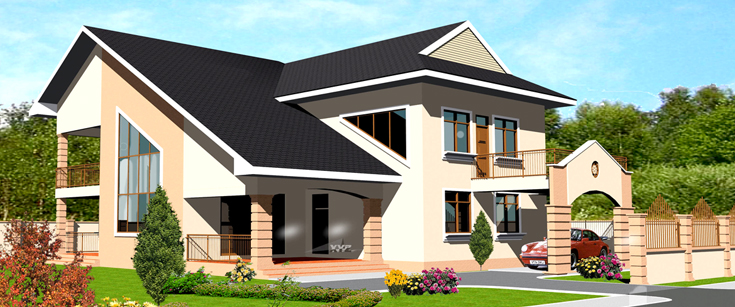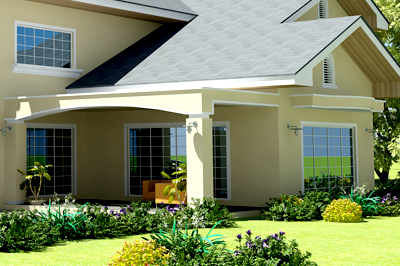Land is a valuable asset, which appreciates or increases in term of price, as time goes on. It is therefore very important that, when you are able to acquire a land, it is registered appropriately and accordingly with the land agencies involved to avoid future land disputes and forfeiture.
In Ghana, recently, acquisition of land has become tiresome and very expensive, especially in elite areas of Accra. This gives more reason why it is vital that the land is registered as this would also give the owner full rights over the land and in its development as well as save the owner from litigation.
7 Steps to Register Your Land in Ghana
- Background Checks - Carrying out thorough checks about the land is important, as this will enable the future land owner gets to know if the land is available to be acquired. In this process, the prospective land owner can also consider the services of a land lawyer to research the land and prove its availability; such as if it has already been sold out. Checks must also be done with other government land overseers, for example; the Tema Development Corporation (TDC), to ascertain if the land had been earmarked for any developmental projects. One would also be told if the land is not suitable, say if it is a water-logged area, and therefore, not advisable to be purchased.
- Acquisition and Negotiation - After the availability and suitability of the land has been established, the interested buyer or lessee negotiates with the actual owner of the land for sales. It is important to be reminded that the interested buyer must deal with the rightful owner of the land because the use of middlemen is not advisable. An agreement is reached and documents made to its effect.
- Document Endorsement - Three copies of the agreement documents would be needed for endorsement by a land lawyer, who will have to sign the back of each of the copies with his practising stamp duly fixed. Each copy of the documents must have a site plan attached, together with two extra copies of site plans, all making 5 documents. The back of the site plan would also be needed to be endorsed by the owner and the buyer of the land; after which they (the site plans) are to be certified by the stamps of a licensed surveyor and the regional surveyor with accurate date.
- Witnesses - These are people who would testify to the proceedings so that in future whenever there is anycase of challenge about ownership of the land, they would be called upon for assistance. It is therefore required that at least, 2 qualified persons from both parties – the seller and buyer sides must sign as witnesses. The two witnesses signing on behalf of the buyer or lessee must do so with their full names, addresses and original signatures.
- Land Commission - After the endorsement of the documents, it is then sent to the land commission, together with processing feesfor of processing and registration of the land to begin. After the processing is completed, the documents are released to the Land Valuation Board for stamping and certifying.
- Internal Revenue Authority (IRS) - The IRS sees to the taxes associated with the registration process. From the land valuation board, the processed documents are then released to the IRS for tax clearing of the land to be made. When this is complete, the applicant, or buyer is given a tax clearance certificate. The documents are from here, taken back to the land commission for final registration at the deeds registry.
- Original Copy - From the deeds registry, the buyer is given an original copy of the land title document.























